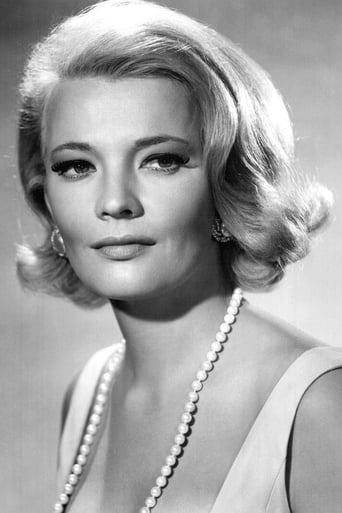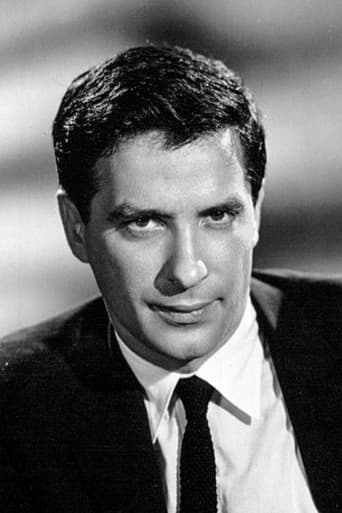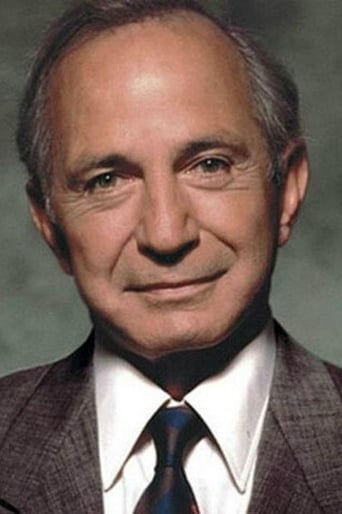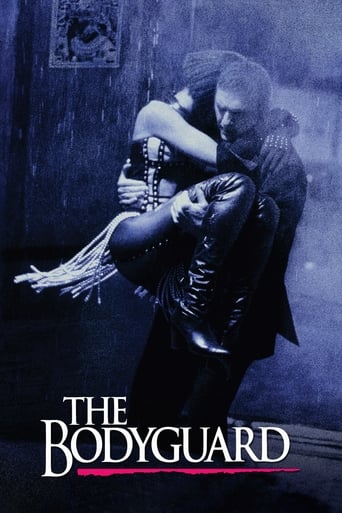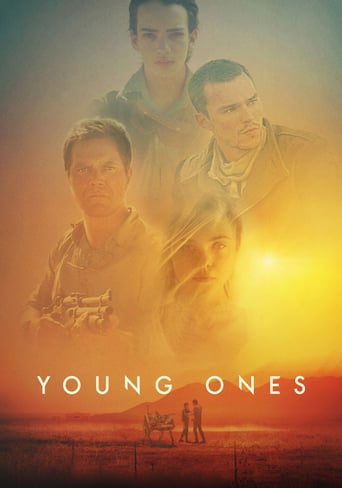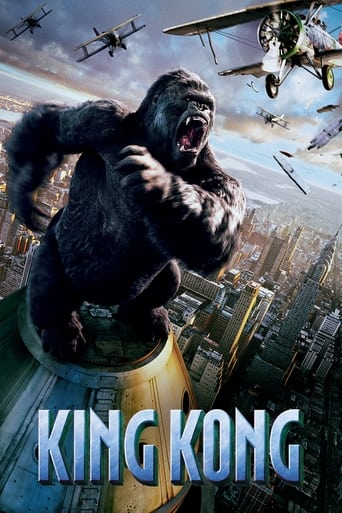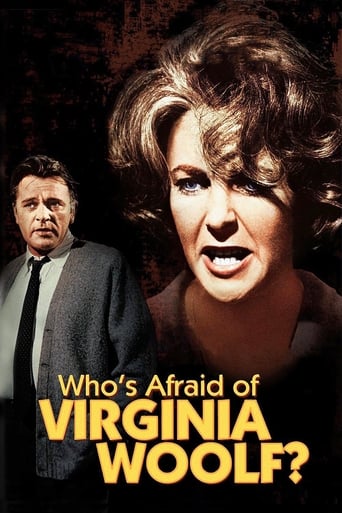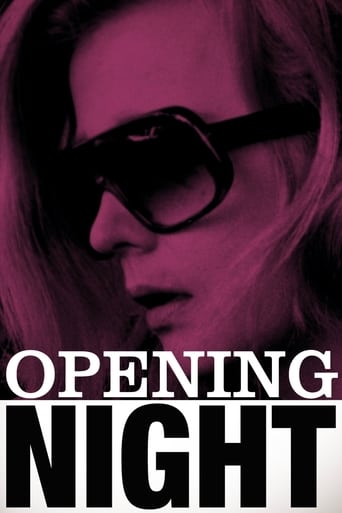
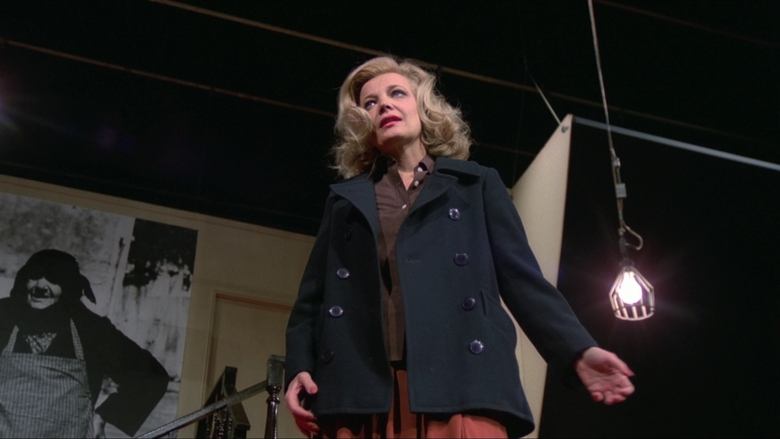
 Watch Now
Watch Now




Opening Night (1977)
 Watch Now
Watch Now




Actress Myrtle Gordon is a functioning alcoholic who is a few days from the opening night of her latest play, concerning a woman distraught about aging. One night a car kills one of Myrtle's fans who is chasing her limousine in an attempt to get the star's attention. Myrtle internalizes the accident and goes on a spiritual quest, but fails to finds the answers she is after. As opening night inches closer and closer, fragile Myrtle must find a way to make the show go on.
Watch Trailer
Cast


Similar titles
Reviews
Instant Favorite.
hyped garbage
At first rather annoying in its heavy emphasis on reenactments, this movie ultimately proves fascinating, simply because the complicated, highly dramatic tale it tells still almost defies belief.
The movie turns out to be a little better than the average. Starting from a romantic formula often seen in the cinema, it ends in the most predictable (and somewhat bland) way.
The performances (how much was improvised?) save this film but it is deeply flawed.The main problem that I had with this movie is that the characters are so unappealing. Myrtle is so difficult to work with, it is strange how *everyone* from the director down to the doorman is in love with her. And Manny and co are no better - they blithely drive away from a fatal car accident - the dinner at the restaurant must have been really good! The plot is very contrived - since Myrtle obviously hates the play why did she sign up for it? And what director would not have an understudy ready to fill in on opening night for such an unreliable and unstable actress? There are much better films out there with the "performer goes crazy" theme - watch those instead.
When speaking of John Cassavetes' contribution to the cinema, 'Opening Night' often goes overlooked. A shame, because it's a great film in its own right.A character-driven drama about a stage actress's fall from grace, it follows Myrtle Gordon (Gena Rowlands) as she struggles with various personal problems (the death of a young fan, aging, alcoholism) in the time leading up to the premiere of a new play. 'Opening Night' also features Ben Gazzara as the theatre director and Cassavetes himself as one of the play's co-stars, with Cassavetes regulars like Peter Falk and Seymour Cassel providing bit-part roles.This is one of the director's most personal films, and one he spoke about with much pride in interviews. The stamp of his distinctive style is there (roving documentary-style camera-work, emphasis on acting) and the major themes in his own life at the time are reflected in the picture (theater, drinking problems, aging). Gena Rowlands gives a stellar performance, making Myrtle into a sort of tragic heroine, and the rest of the cast does well supporting her.Worth checking out for anyone interested in the art of acting or the work of John Cassavetes. 8/10.
I spent 5 hours drenched in this film. Nothing I have ever seen comes close to the delicious funk this film left me in. Never mind females advanced aging dilemma's, human fear vaults off the screen for your viewing. Personally engaging to the ninth degree, the film invests one with an undeniable shared feeling for our lives'. I enjoyed this dalliance with raw wounded gall deep from within. It empowers a mutually shared vestment in the history of human encounters reaching far deeper into the pain, isolation and skewed views of self and others. The result forgives our tepid forming of a bridge away from the muddy sludge of dead we must encounter. The birth in finding real people is a happy pursuit. The effort for realism intersects with the dark ground of our bankrupt culture.
John Cassavetes' "Opening Night" is fantastic and fascinating; fantastic because it plays with the deepest fears we have inside our imagination, fascinating because it never ceases surprising us. With its very long duration of two hours and twenty minutes, anyone who appreciates characters won't be able to take their eyes off the screen.The story of an unstable actress, Myrtle Gordon, (Gena Rowlands) trying to put herself together for a play, fighting her demons; "Opening Night" is not only about a woman on the verge of a breakdown but also about the complexities of the lives of theater actors and the theatrical world. All of Cassavetes' characters here are experienced people that know about the world of theater; so half of the film takes place on a stage, either where the performers do their job or at backstage, where producers and writers and directors do their job.Cassavetes is so harsh with his characters that this unkindness turns towards the audience, but the audience in the cinema. Because there is another audience, in the theater of the film, that doesn't know what is really happening and laugh because they think everything is performance. And that's essentially what it is; it's just that the audience in the theater doesn't get to see 'backstage' the way we do. They don't experience Gena Rowlands' exuberance before she goes out to that stage, but most importantly; they don't know the reasons why she acts the way she does.I always thought that it would be difficult to be friends with an actor. Myrtle (Rowland) says she's an actress and that's the only thing she knows how to do; and I imagine that if I had a friend who was a professional performer, it would be really difficult to tell when he's saying the truth because I would know he's an actor and he can fake anything at any time. A lot of the things that Myrtle does during the awful experiences the film puts her through We suspect if she's being real; the rest of the characters suspect too.There is the writer, Sarah (Joan Blondell), who can't understand why Myrtle doesn't understand the character she's written for her. There's the director, Manny (Ben Gazzara), who can't accept the fact that his best actress might be losing it; the producer David (Paul Stewart) who doesn't know where to stand and Myrtle's co-star Maurice (Cassavetes himself), who can't deal with the love they have for each other.When she witnesses the death of a teenager, a fan; all of this comes together and affects Myrtle, but no one knows if her delusions are for real. They don't say anything because they don't want to upset her, but the movie enters in a state of subconsciousness that only Myrtle accepts. At times, we can tell that everyone has had it. During these moments, Cassavetes' brilliant script depicts a scary brutal honesty in the words the characters say in a discussion backstage; and not only what everyone tells Myrtle but also what she says to them.Here are people who are not afraid to speak their mind and constantly change what they are thinking, just like Cassavetes' way of making cinema. And in this aspect, the performances are more important here than in "Shadows", because the characters are involved in a bigger picture; a bigger story that steps out of the trivial.But in another aspect, the actual way of making cinema, this movie is no different from "Shadows". There's a beautiful thing in the way Al Ruban's camera shoots the characters. When someone's talking, the camera doesn't focus on him, it shoots the person who is listening; so we can see how he or she reacts to the things the other one's saying. Sometimes they don't care, sometimes they are happy, sometimes devastated.Improvisation might still be there, though, among all these wonderful performances. Near the end, there's an unexpected scene where Cassavetes and Rowlands start talking, non-stop. Whether this was improvised or not is not something we have to wonder. We have just got to watch; and watching both of them exchanging life experiences and seeing words come truly alive in a conversation that means a lot more than what it shows It doesn't get more natural than that.


